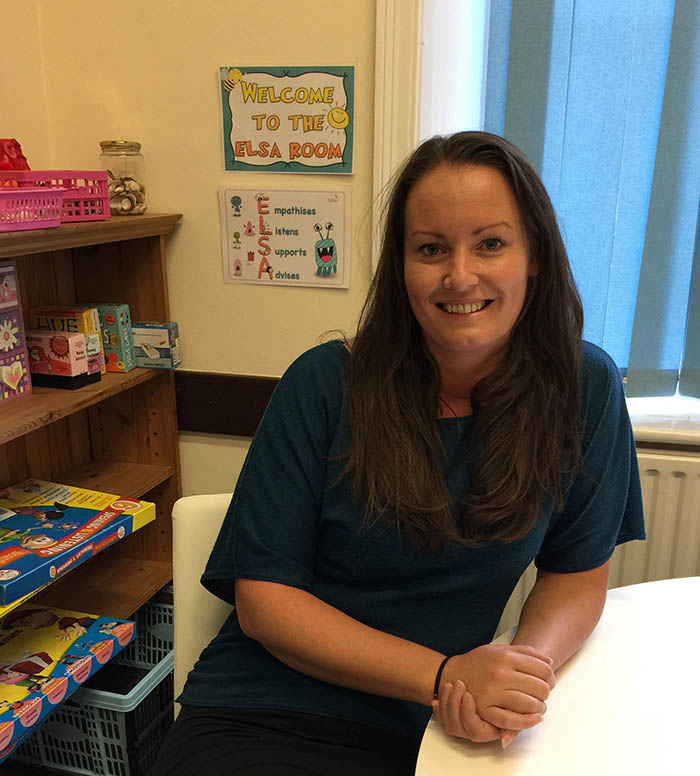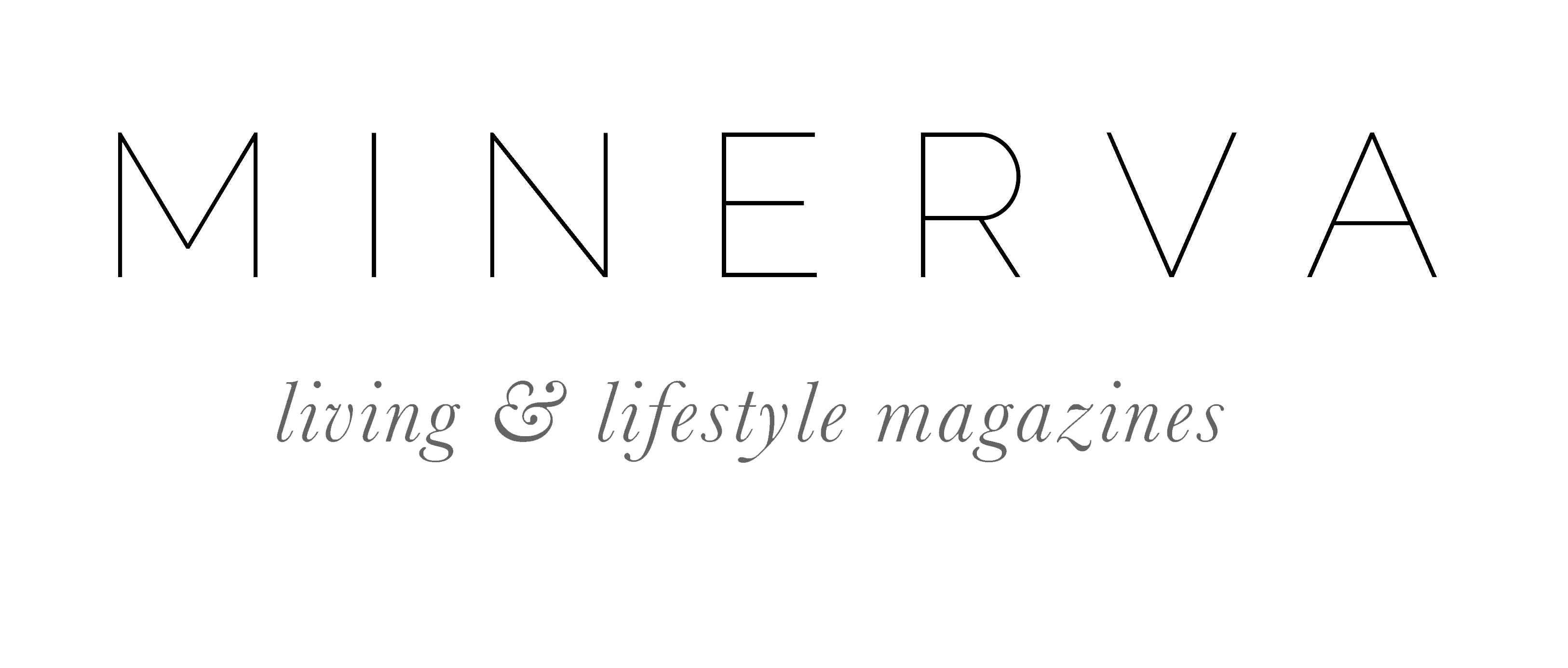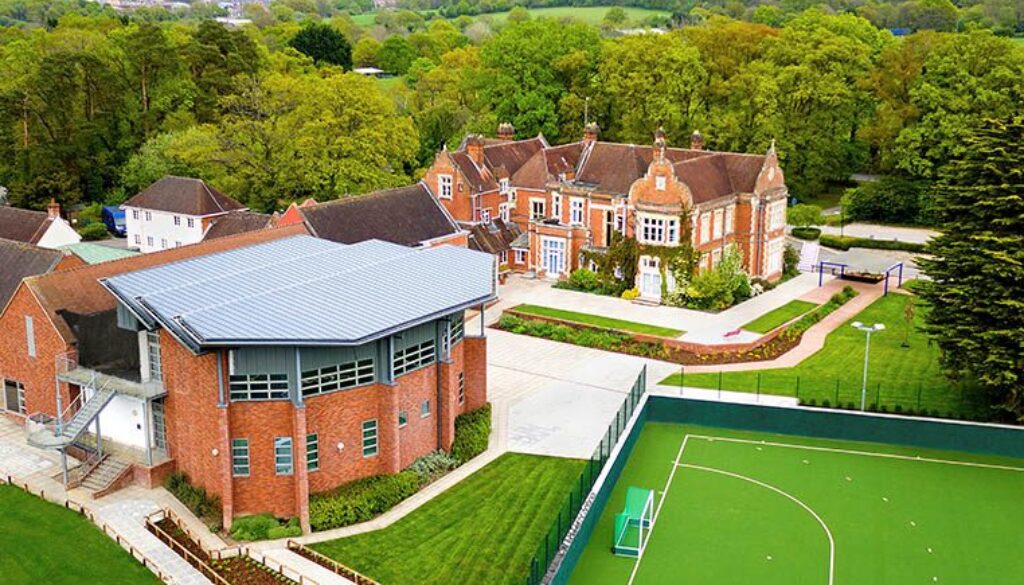EDUCATION: Pastoral Care at St Nicholas’ School
We meet Claire Huyton, the new Director of Pastoral Care at St Nicholas’ School, Fleet
What attracted you to St Nicholas’ School?
Having always worked in small independent schools, I think the biggest impact can be made when you get to know your pupils as individuals. Having trained in big comprehensive schools there is a lot to be said for knowing the name of every pupil in the school. Pastoral care is all about individual needs and that takes a team of staff who take the time to listen to and get to know their students. I visited the school several times before taking up the post and good pupil-staff relationships is definitely the thing that stood out to me the most. It gives the school a relaxed, friendly feel.

What changes have you implemented so far or plan to implement during your time as Director of Pastoral Care?
Alongside my appointment we have also appointed Heads of Phase for Key stage 3 and 4. Together, we are looking to strengthen the pastoral offering and focus on wellbeing. A new tracking system has been brought in which will allow us to flag warning signs more effectively and monitor the effectiveness of support plans that are put in place. A new PSHE program will give the girls a better understanding of themselves and others, opening up a safe space to discuss some, sometimes challenging subjects. As a Mental Health First Aider I plan to deliver training to staff to ensure they are equipped to spot the early signs of anxiety, depression and eating disorders but also help them to feel able to respond proactively if faced with difficult situations.
What is your greatest strength as Director of Pastoral Care?
I think the traits I have had to rely on the most are being resilient and flexible. There is ‘no one size fits all’ with pastoral care and you need to be willing to adapt your thinking to the individual and their particular need or situation. It takes time to earn pupil’s trust so that they will confide in you, which can be frustrating when you are trying to help, but is definitely worthwhile in the end. Teamwork is key.
How have the challenges facing young people changed since you’ve been in education?
When I started teaching, certainly in science, we had modular exams with the first comprising multiple choice questions. Since then the exams have become linear and a huge amount of material has been brought down from the A-level syllabus. With this has come an inevitable drop in the grade boundaries. As such we are teaching material that we never really expect the pupils to master, even when they are attaining top grades. Add in the advancement in technologies and social media and it is no surprise that self-esteem issues and anxiety are on the rise. This poses a huge barrier to pupils’ academic learning as well as a threat to their wellbeing.
How have recent technological developments affected teaching and education?
I think one of the silver linings of lockdown is the way new technologies have been embraced and are now being incorporated into everyday teaching. With years 10 and 11 having school laptops at St Nicholas’ it has allowed me to monitor their work in real time whilst still maintaining social distancing.
How do you relax when you’re not working?
I’m a keen horse rider which takes up most of my time. I have two horses currently competing in Eventing. I had high hopes of competing in my first international competition this year but, as with so many things, Covid has put a stop to that.
Find out more here.

